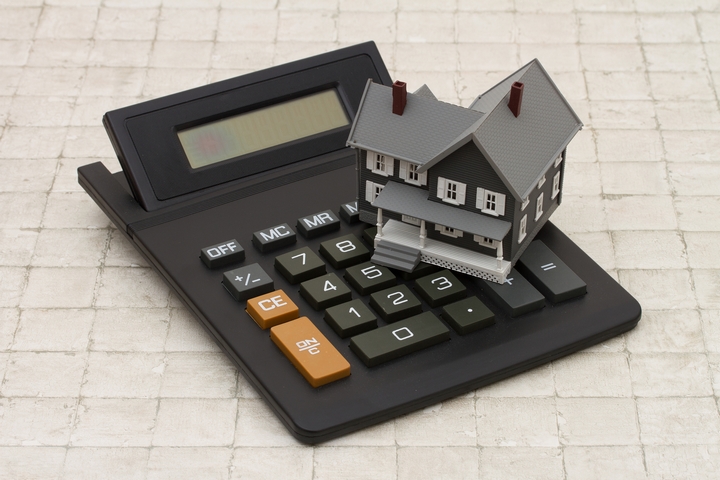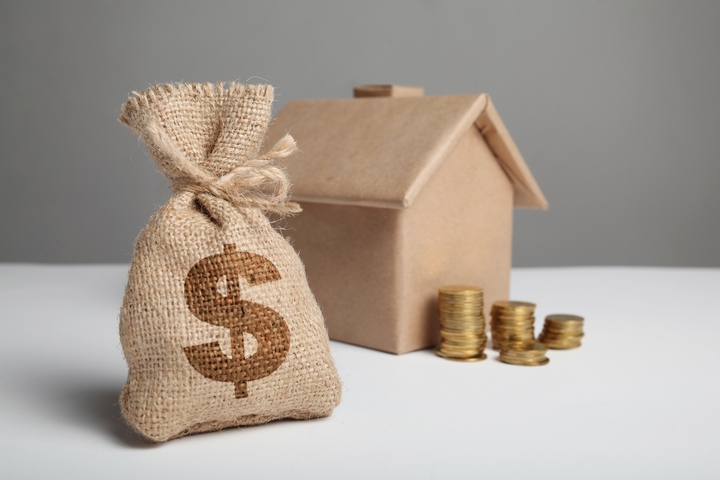How to Buy Delinquent Tax Properties

Delinquent tax properties are an underrated asset that few investors will discuss when discussing real estate investing. However, suppose you are interested in diversifying your portfolio, buying a home for cheap in Canada, or starting a real estate portfolio. In that case, tax sale homes (delinquent tax properties) are an excellent starting point.
A buyer can pick the wrong and get burned, but this is no different from any real estate or asset purchase. Here’s what you need to know about how to buy delinquent tax properties.
What is a delinquent tax property?

A delinquent tax property is when an owner has failed to pay their property tax debt for an extended period. The municipality can then take back the property and re-sell it to regain what’s owed in property taxes.
Tax delinquent properties can be any place where the owner has refused to keep up with its property taxes. This can be townhouses, apartment buildings, vacant land, undeveloped lots, farms, cottages, commercial properties, industrial properties, and more. They can vary in size from small lots to large multi-acreages.
Why are delinquent tax properties cheap?

The first thing people notice about tax-sale homes is how cheap they are. They are often priced at a fraction of their assessed value, disregarding the property’s condition. This is because they’re designed to be given up for quick sale. Municipalities are not interested in profiting per se. They simply want to recoup the owing property taxes and any interest and penalties applied.
How to find delinquent tax properties?

To see a full listing of local delinquent tax properties, search online. Municipalities regularly post upcoming tax sales with details on available properties. The details can be limited and may or may not include a photo.
The municipality is not obligated to provide further details than what is provided there. Thereby, it becomes the responsibility of the buyer or bidder to do the research required to know what they’re trying to purchase.
Where to learn about tax sale homes?

Before buying, you are limited by what you know about a tax-sale home. A delinquent tax property listing will have certain information and potentially some photos. That said, the then-current owner does not permit you to inspect it or enter the property without permission. A potential buyer, however, can do a title search, research the neighbourhood, and do due diligence by these methods.
How Do I Buy A Delinquent Tax Property?

To buy tax delinquent properties, you can do so either by public tender or public auction. Delinquent tax properties are always given to the highest bidder in either case. Public tender receives bids by mail, typically with a deposit of 20% of the tender amount in the form of a money order, bank draft, or certified cheque.
A public auction is typically done in person and may require a deposit on the day of or the full amount if your bid wins.
How to finance buying a tax sale property

It does not matter to a municipality how a tax sale home purchase is financed. That said, bidding on a tax sale home typically requires a deposit. If you win, the full amount is owed immediately.
If you do not have the full amount ready, you could lose your deposit and be pushed out of the sale. Therefore, have the amount you bid ready to submit and be ready to close the sale.
What to expect after buying delinquent tax properties

When you buy a delinquent tax property, you purchase it as-is. There are no conditions, no inspections, and nothing further is required. As you assume ownership, you assume responsibility for all damages on the property.
If the prior owner refuses to leave and is squatting, it also falls on you to resolve and initiate proceedings to have them removed. However, the upside of having a delinquent tax property can make any hassle worth it in many cases.
Does the prior owner have a claim to the home?

The prior owner is given a grace period to pay back the taxes and penalties and/or to set up a short-term payment plan. If that period passes, however, the prior owner foregoes any claim to the property, and the winning bidder from a tax sale then assumes full ownership of the delinquent tax property.
If the prior owner does pay back the taxes and penalties, you are reimbursed the amount you invested plus interest.





